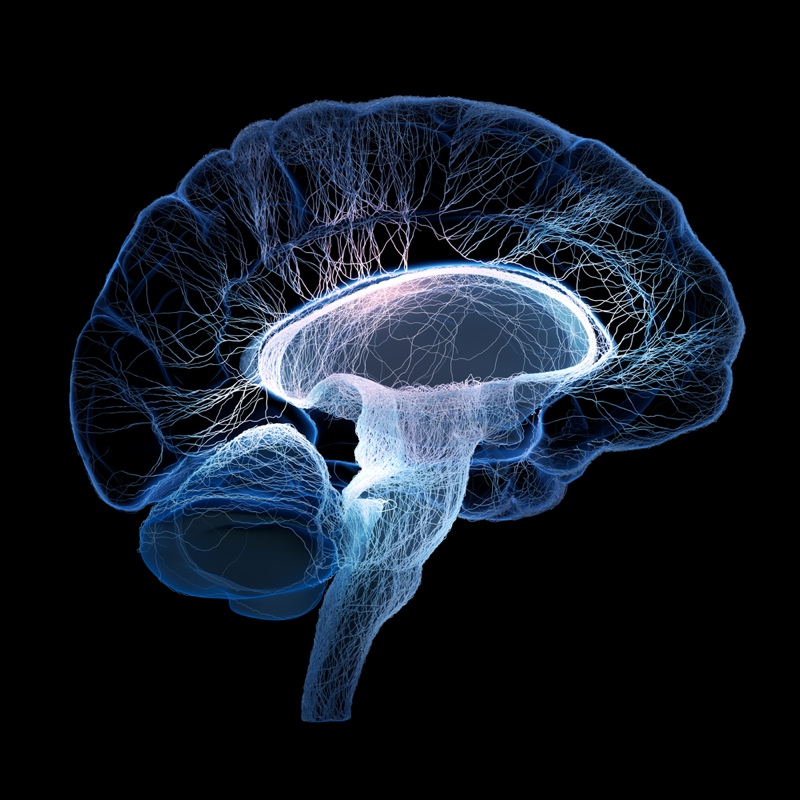The Autism-Epilepsy Connection (Op-Ed)


Dr. Megdad Zaatreh is a board-certified neurologist with expertise in epilepsy who serves as medical director of the Comprehensive Epilepsy Center at CentraState Medical Center in Freehold, N.J. Zaatreh has published several research articles in peer-reviewed medical journals, including the New England Journal of Medicine, Neurology and Epilepsia. He contributed this article to Live Science's Expert Voices: Op-Ed & Insights.
Studies estimate that nearly one-third of people with autism spectrum disorder also have epilepsy. However, until recently, there was only limited clinical research on the connection between these two neurological conditions.
Epilepsy is a brain disorder marked by recurring seizures or convulsions. Autism is a neurobehavioral disease that includes impairment in social interaction and language development, which often includes rigid, systematic, repetitive behaviors. Both conditions can affect individuals with varying degrees of severity. Now, research has found that adults with epilepsy are more likely to show signs of autism and Asperger syndrome.
Until recently, in many cases, adults with epilepsy may not have been properly diagnosed or treated for autism symptoms. The connection between the two conditions was the result of a study that showed epileptic seizures short-circuit the neurological function that affects socialization in the brain, which are the same traits seen in autism. These characteristics include the impairment of normal social interaction (eye contact, conversation, enjoying the act of sharing with someone else) and tightly regimented or repetitive cycles of behavior.
Socialization challenges for people with epilepsy
Before those studies, the issues with socialization and behavioral management for some people with epilepsy were underdiagnosed — and research had not uncovered any underlying theory to explain them. Without diagnosis, there is no treatment plan.
However, the new evidence explains that the misfiring of the brain during a seizure may explain the cause of the autism conditions. Not surprisingly, the more frequent the epileptic seizures, the more severely impacted the patient's socialization issues may be.
Get the world’s most fascinating discoveries delivered straight to your inbox.
These new findings could mean that adults with epilepsy can now benefit from the wide range of autism treatment services available to help address the long-standing socialization issues many patients with epilepsy have experienced throughout their lives. This offers the possibility of significantly improving epileptics' overall quality of life. Up to this point, there have been few services to address those needs.
(If your child is diagnosed with autism , consult with a pediatric neurologist to screen for epilepsy as well.)
Recognizing symptoms of epilepsy in infants
The highest incidence of epilepsy occurs during the first year of life, when many new parents overlook or misinterpret physical symptoms. Each year, 150,000 children and adolescents in the United States will have a newly occurring single seizure, and 30,000 will be diagnosed with epilepsy after subsequent seizures occur. During early childhood development, infants often exhibit a variety of erratic physical movements and mannerisms that may not cause immediate concern. But babies or children presenting any of these symptoms should be seen by a doctor immediately:
- A prolonged staring spell
- Uncontrollable jerking movements of the arms and legs
- Lack of response or awareness to verbal stimulation
- Shaking, loss of balance or smacking of the lips
Specialty care is available for children with epilepsy
If you suspect your child may have experienced a seizure, contact your pediatrician immediately for an evaluation. While the seizure is frightening for parents and caregivers, it is important to observe and record the duration of the episode as well as the symptoms the child exhibited before and after the episode. Share this valuable information with your doctor.
Keep in mind that some hospitals offer specialized epilepsy treatment programs exclusively for pediatric patients.
Follow all of the Expert Voices issues and debates — and become part of the discussion — on Facebook, Twitter and Google +. The views expressed are those of the author and do not necessarily reflect the views of the publisher. This version of the article was originally published on Live Science.



